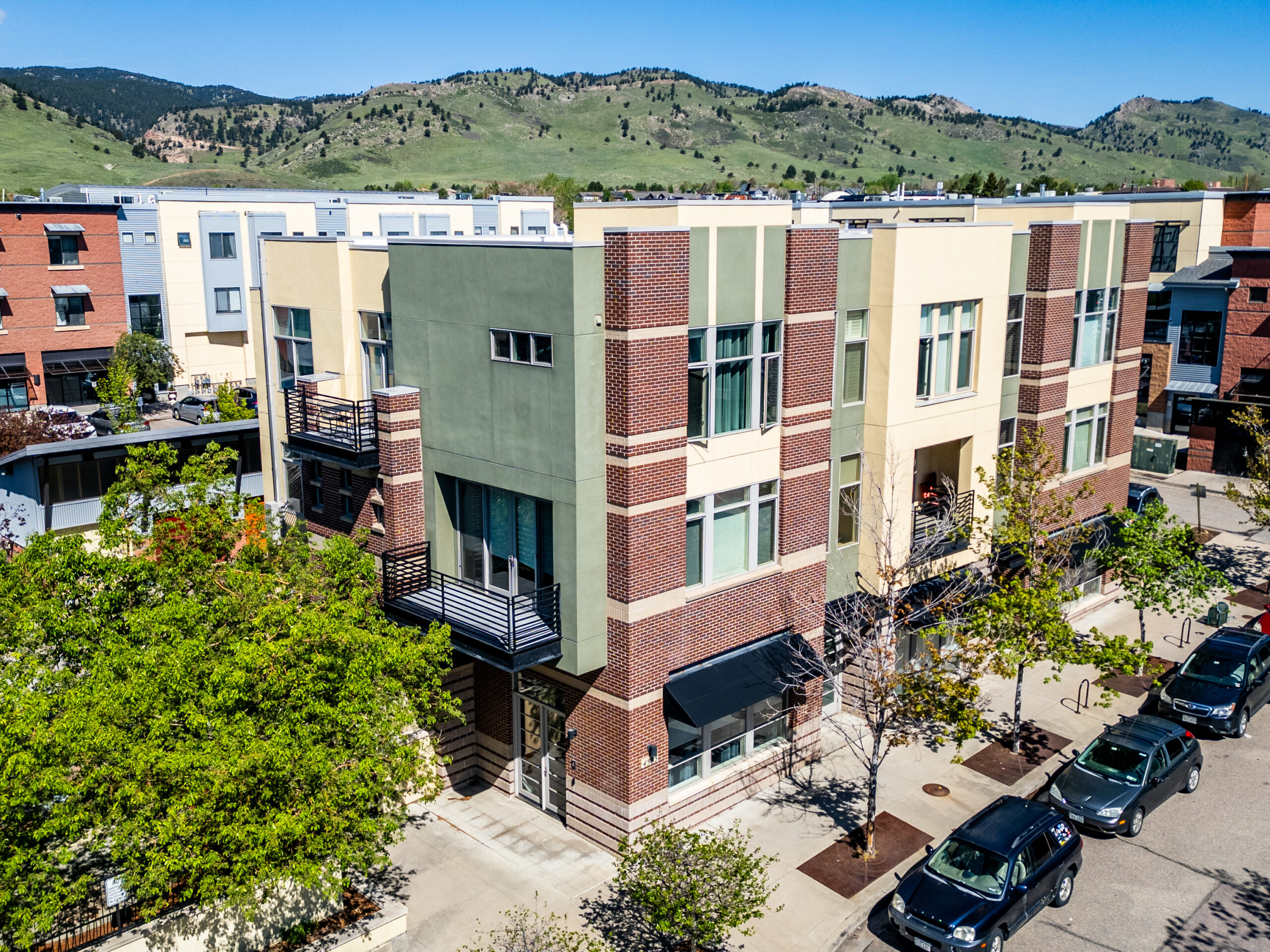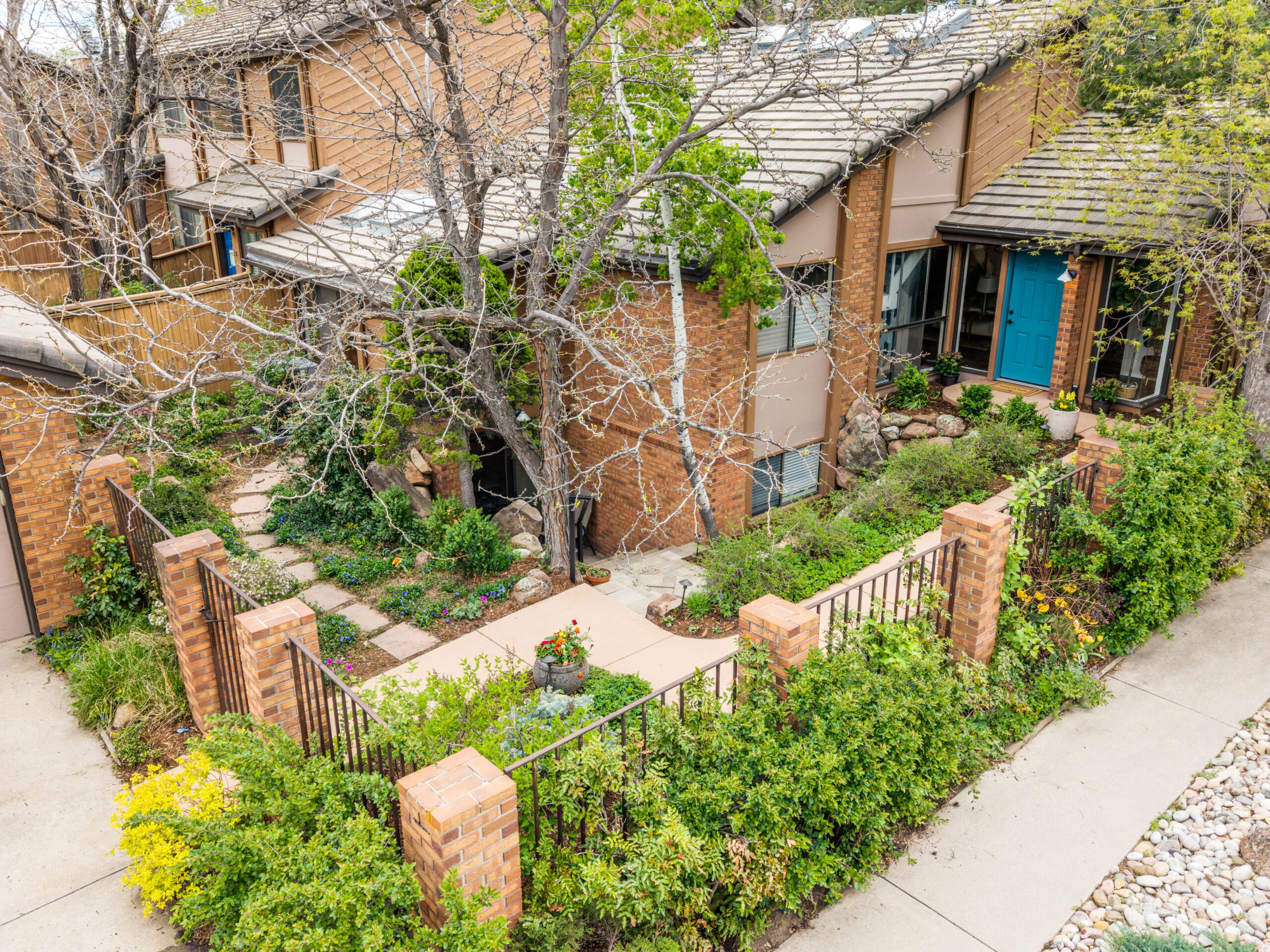The Osman Plan, Continued
by Osman Parvez
—-
A discussion on the new mortgage plan (the Osman Plan) has emerged in the comments of an earlier post. It’s interesting debate so I’m elevating it to a full post.
In the comments stream, Linton said that the new fixed rate plan unfairly benefits sellers and agents at the expense of buyers and tax payers. Here’s my counter argument, based around a scenario of falling prices in a former bubble market, with the assumption that home prices will stabilize with a 4.5% mortgage rate and fall further with existing mortgage rates. I’ve also included a spreadsheet that can be downloaded HERE.
The Buy Side
Let’s say a family purchased a home four years ago for $1,000,000. Because they bought in a bubble market, they saw their property climb 15% in the first year of ownership but the value has plunged since the bubble collapsed.
The home is now listed for sale. If the sale price was $977,500 (15% decline from peak), the buyer’s monthly payment would be $4,705 with a new 4.5% fixed rate, 30 year mortgage and 5% down (excluding property taxes, insurance, etc).
Let’s say that Linton get her (or his) wish. Our government fails to approve the proposed low rate plan. In this scenario, the market value of the house further plummets to $862,500 (25% from peak). This sounds great to buyers because they would save about $5,750 in down payment. Yet at a 6% mortgage rate (and with the same conditions as the previous example) their monthly payment would still be $207 more per month, adding up to about $75,000 over the life of the mortgage.
The Sell Side
For the seller’s perspective, the world looks a little different. Four years ago, they put $50,000 down for this home at a purchase price of $1,000,000. They were happy when the property value rose 15% but they weren’t planning to sell the house. This was just a paper gain. Now, their situation has changed. They still love the house and the community, but perhaps a job has been lost. They are motivated to sell, even though prices are falling.
In the first scenario (price drop of 15%), the sale price is $977,500. After paying their Realtor and mortgage, the seller will net about $20,000. They’re glad to be out of the house but they’ve lost 60% of their original down payment.
In the second scenario (price drop of 25%), the sale price is $862,500. To sell the house at this price, the sellers will need to bring a whopping $88,000 to the closing table. Including their down payment, that’s a 276% loss. Most sellers don’t have that sort of liquidity, particularly if their other investments are taking a beating. They may be forced to let the house fall into foreclosure.
A few summary pros and cons.
Scenario 1
Pros:
Community is spared another foreclosure
Prices stabilize
Seller gets some equity back
Buyer saves $200/month (will likely spend it in the economy)
Other in neighborhood don’t see massive erosion in values
If buyer can hold long term, will save nearly $75,000 over life of mortgage
Financial community sees new mortgage origination’s with healthy equity, stable asset prices, and strong underwriting.
Cons:
Buyer pays $115,000 more, largely in the form of $5,750 down payment
Buyer pays slightly higher taxes and insurance
Scenario 2
Pros:
Buyer gets the house for $115,000 less, saving $5,750 down payment.
Cons:
Buyer pays an additional $207/month.
Community has another foreclosure
Family has bankruptcy/destroyed credit
Market undershoots (occurs in most bubble corrections)
Sellers are in bankruptcy/credit destroyed for many years
Overall, it looks like an approach that balances somewhere between these scenarios would work for all parties. For one thing, a community is spared the cancer of another foreclosure (abandoned homes, including break-ins, theft, drugs, and crime). Existing owners leave with some equity and their credit intact. The new buyer pays a lower monthly payment but pays out a little more equity.
It’s worth noting that many buyers at the $1MM price bracket and above will use more sophisticated financing that conventional fixed rate mortgages. For instance, they might cross collateralize their property, take a loan from an investment account or from their business, or use interest only mortgages. If there is further interest, I might expand this discussion to include other forms of financing. For now a plain vanilla version seems appropriate.
p.s. Linton mentioned how agents benefit. In the second scenario, they make 11% less but that’s still plenty to motivate them. What’s critical is that they actually get the sale done and help create a stable market, rather than marketing listings for extended periods of time with several price reductions (the walk of shame). Don’t forget, the income from the lender, agent, title company, attorneys, sign makers, will be redistributed in our global economy too.
—-
Ready to buy or sell? Schedule an appointment or call 303.746.6896.
You can also like our Facebook page or follow us on Twitter.
As always, your referrals are deeply appreciated.
—
The ideas and strategies described in this blog are the opinion of the writer and subject to business, economic, and competitive uncertainties. We strongly recommend conducting rigorous due diligence and obtaining professional advice before buying or selling real estate.
The Osman Plan, Continued
by Osman Parvez
—-
A discussion on the new mortgage plan (the Osman Plan) has emerged in the comments of an earlier post. It’s interesting debate so I’m elevating it to a full post.
In the comments stream, Linton said that the new fixed rate plan unfairly benefits sellers and agents at the expense of buyers and tax payers. Here’s my counter argument, based around a scenario of falling prices in a former bubble market, with the assumption that home prices will stabilize with a 4.5% mortgage rate and fall further with existing mortgage rates. I’ve also included a spreadsheet that can be downloaded HERE.
The Buy Side
Let’s say a family purchased a home four years ago for $1,000,000. Because they bought in a bubble market, they saw their property climb 15% in the first year of ownership but the value has plunged since the bubble collapsed.
The home is now listed for sale. If the sale price was $977,500 (15% decline from peak), the buyer’s monthly payment would be $4,705 with a new 4.5% fixed rate, 30 year mortgage and 5% down (excluding property taxes, insurance, etc).
Let’s say that Linton get her (or his) wish. Our government fails to approve the proposed low rate plan. In this scenario, the market value of the house further plummets to $862,500 (25% from peak). This sounds great to buyers because they would save about $5,750 in down payment. Yet at a 6% mortgage rate (and with the same conditions as the previous example) their monthly payment would still be $207 more per month, adding up to about $75,000 over the life of the mortgage.
The Sell Side
For the seller’s perspective, the world looks a little different. Four years ago, they put $50,000 down for this home at a purchase price of $1,000,000. They were happy when the property value rose 15% but they weren’t planning to sell the house. This was just a paper gain. Now, their situation has changed. They still love the house and the community, but perhaps a job has been lost. They are motivated to sell, even though prices are falling.
In the first scenario (price drop of 15%), the sale price is $977,500. After paying their Realtor and mortgage, the seller will net about $20,000. They’re glad to be out of the house but they’ve lost 60% of their original down payment.
In the second scenario (price drop of 25%), the sale price is $862,500. To sell the house at this price, the sellers will need to bring a whopping $88,000 to the closing table. Including their down payment, that’s a 276% loss. Most sellers don’t have that sort of liquidity, particularly if their other investments are taking a beating. They may be forced to let the house fall into foreclosure.
A few summary pros and cons.
Scenario 1
Pros:
Community is spared another foreclosure
Prices stabilize
Seller gets some equity back
Buyer saves $200/month (will likely spend it in the economy)
Other in neighborhood don’t see massive erosion in values
If buyer can hold long term, will save nearly $75,000 over life of mortgage
Financial community sees new mortgage origination’s with healthy equity, stable asset prices, and strong underwriting.
Cons:
Buyer pays $115,000 more, largely in the form of $5,750 down payment
Buyer pays slightly higher taxes and insurance
Scenario 2
Pros:
Buyer gets the house for $115,000 less, saving $5,750 down payment.
Cons:
Buyer pays an additional $207/month.
Community has another foreclosure
Family has bankruptcy/destroyed credit
Market undershoots (occurs in most bubble corrections)
Sellers are in bankruptcy/credit destroyed for many years
Overall, it looks like an approach that balances somewhere between these scenarios would work for all parties. For one thing, a community is spared the cancer of another foreclosure (abandoned homes, including break-ins, theft, drugs, and crime). Existing owners leave with some equity and their credit intact. The new buyer pays a lower monthly payment but pays out a little more equity.
It’s worth noting that many buyers at the $1MM price bracket and above will use more sophisticated financing that conventional fixed rate mortgages. For instance, they might cross collateralize their property, take a loan from an investment account or from their business, or use interest only mortgages. If there is further interest, I might expand this discussion to include other forms of financing. For now a plain vanilla version seems appropriate.
p.s. Linton mentioned how agents benefit. In the second scenario, they make 11% less but that’s still plenty to motivate them. What’s critical is that they actually get the sale done and help create a stable market, rather than marketing listings for extended periods of time with several price reductions (the walk of shame). Don’t forget, the income from the lender, agent, title company, attorneys, sign makers, will be redistributed in our global economy too.
—-
Ready to buy or sell? Schedule an appointment or call 303.746.6896.
You can also like our Facebook page or follow us on Twitter.
As always, your referrals are deeply appreciated.
—
The ideas and strategies described in this blog are the opinion of the writer and subject to business, economic, and competitive uncertainties. We strongly recommend conducting rigorous due diligence and obtaining professional advice before buying or selling real estate.
Share This Listing!
More about the author
Osman Parvez
Owner & Broker at House Einstein as well as primary author of the House Einstein blog with over 1,200 published articles about Boulder real estate. His work has appeared in the Wall Street Journal and Daily Camera.
Osman is the primary author of the House Einstein blog with over 1,200 published articles about Boulder real estate. His work has also appeared in many other blogs about Boulder as well as mainstream newspapers, including the Wall Street Journal and Daily Camera. Learn more about Osman.
Work with
House Einstein
Thinking about buying or selling and want professional advice?
Call us at 303.746.6896
Your referrals are deeply appreciated.













